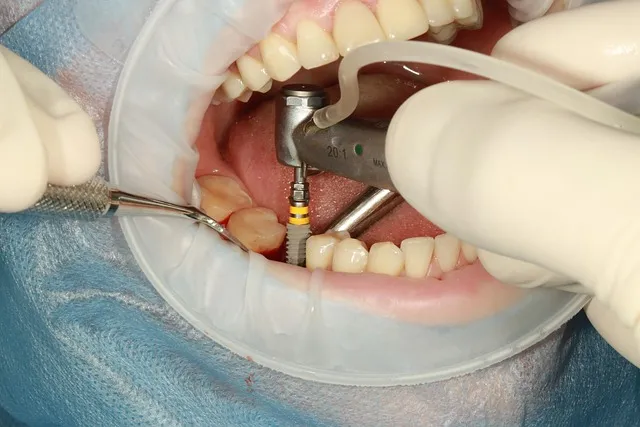It may so happen that every now and then you have experienced a sharp pain in your teeth while having something hot or cold.
Our teeth has a protective covering called the enamel on the part which is visible to us while the part of the teeth which is below the gum line is protected by cementum; beneath these layers lies a thin layer dentin. This layer is filled with a staggering number of hollow tubes that are attached to nerve endings. Exposure of these tubes to hot, cold, acidic or sticky food due to a receding gum line or thinning enamel makes the teeth hurt.
Teeth Sensitivity: What are the causes?
The main causes of tooth sensitivity include: 1) Tooth grinding - this is that one bad habit that eventually leads to the destruction of the strongest element of our body - the enamel, thereby exposing dentin. 2) Whitening toothpastes and mouthwashes - the chemicals in whitening toothpastes are corrosive in nature and cause the depletion of enamel. Certain mouthwashes that use alcohol are responsible for the same. 3) Improper brushing - when we brush our teeth vigorously, we cause the wearing down of enamel making it more prone to hot and cold substances. 4) Excessive plaque - the germ build up around teeth causes plaque which in turn eats away the enamel. 5) Cracked tooth - a cracked tooth exposes more than just dentin causing excessive pain. 6) Broken down fillings - weak or broken fillings leave gaps in the tooth where food gets stuck, attracting bacteria which attack the enamel. 7) Dental treatment - treatments such as a root canal, an extraction or placement of a crown leave the area sensitive; though this sensitivity is short-lived. 8) Acidic food - areas where the dentin has already been exposed are more prone to acids causing much more pain.It is necessary to consult a dentist as soon as one realizes that their teeth are highly sensitive. One can treat sensitivity by identifying the cause and taking specific measures such as: 1) Prevention - we have already discussed the causes of sensitive teeth. To prevent any more thinning of enamel it is necessary that we brush our teeth gently and properly, select our toothpaste carefully, and get dental assistance whenever required. 2) Choosing the right food - it is most righteous to cut down on food that is responsible for aggravating the problem of sensitivity and hence avoid pain. 3) Desensitizing toothpaste - these contain chemicals that obstruct any sensation from reaching the nerves by blocking the surface of the tooth. This usually takes about a month at minimum. 4) Fluoride gels - the dentists inhibit sensitivity by coating the teeth with fluoride gels or sealants that provide a protective covering. 5) Dental treatment - tooth decays and other flaws require treatment to get rid of the sensitivity.Can sensitivity be treated?
The answer is yes!
Tooth sensitivity is a rather common problem that needs to be dealt with care. Practising proper oral hygiene by brushing the right way and flossing are essential to solving most of the oral problems.

Reviewed by







